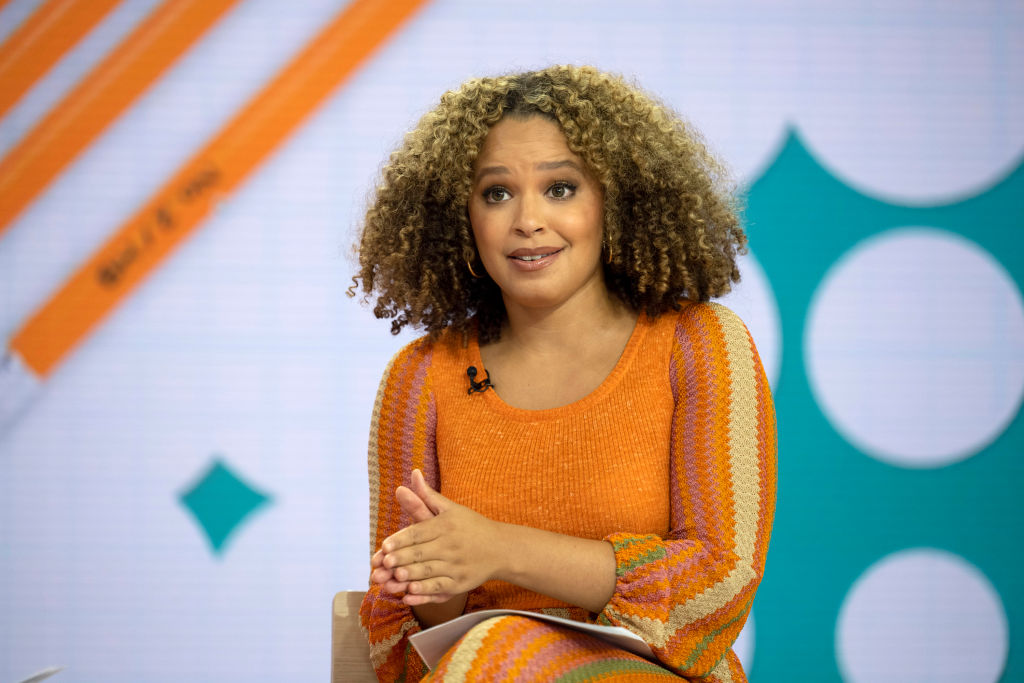
December 2, 2023
NBC News’ Antonia Hylton Diagnosed With Rare Cancer At Age 30, Warns Of The Danger In Ignoring Early Symptoms
Hylton said it was easy for her to write off what she was feeling as nothing more than a consequence of her busy work schedule.
NBC News correspondent Antonia Hylton was diagnosed with a rare neuroendocrine tumor after ignoring warning signs of an underlying problem, she revealed. The 30-year-old woman said she finally paid attention to her body’s calls for help after battling recurring stomach issues two years ago, NBC reports.
Hylton said it was easy for her to write off what she was feeling as nothing more than a consequence of her busy work schedule.
“I travel, I’m on planes (and) maybe I don’t have the best diet. But I love what I do, so it’s worth it, and I’m not going to let these symptoms hold me back,” she said.
However, things became clearer to Hylton while watching a Today Show segment in which host Craig Melvin detailed his brother’s battle with colon cancer, resulting in his death at the age of 43.
“Something about that really stuck with me,” she said.
A TikTok video posted by a woman suffering from the same disease at the age of 24 also set alarms for Hylton, whose symptoms had worsened.
“I was waking up (and) my face was swollen. I was having trouble going to the bathroom for days on end,” she said.
Her own family’s history of colon cancer, as well as her high risk as a Black woman, led her to seek out a specialist who ordered a colonoscopy. On her 30th birthday, she received a call that would lead her to be diagnosed with a rare type of cancer that releases hormones into the bloodstream.
Lucky for Hylton, despite her reluctance to get checked out, her diagnosis came early enough for her to receive life-saving treatments.
“I learned a really important lesson at 30 to listen to myself and to put myself first,” she explained. “I love my job. I worked hard here at NBC, and I’m not going to stop doing that. But I’ve learned the lesson that I really need to put my health first and not push these things off.”
Currently, Black men and women are the most likely racial group to get colon cancer and are 40% more likely to die from it, according to the Memorial Sloan Kettering Cancer Center.
RELATED CONTENT: Houston Medical Center Working On Potential Cancer Breakthrough